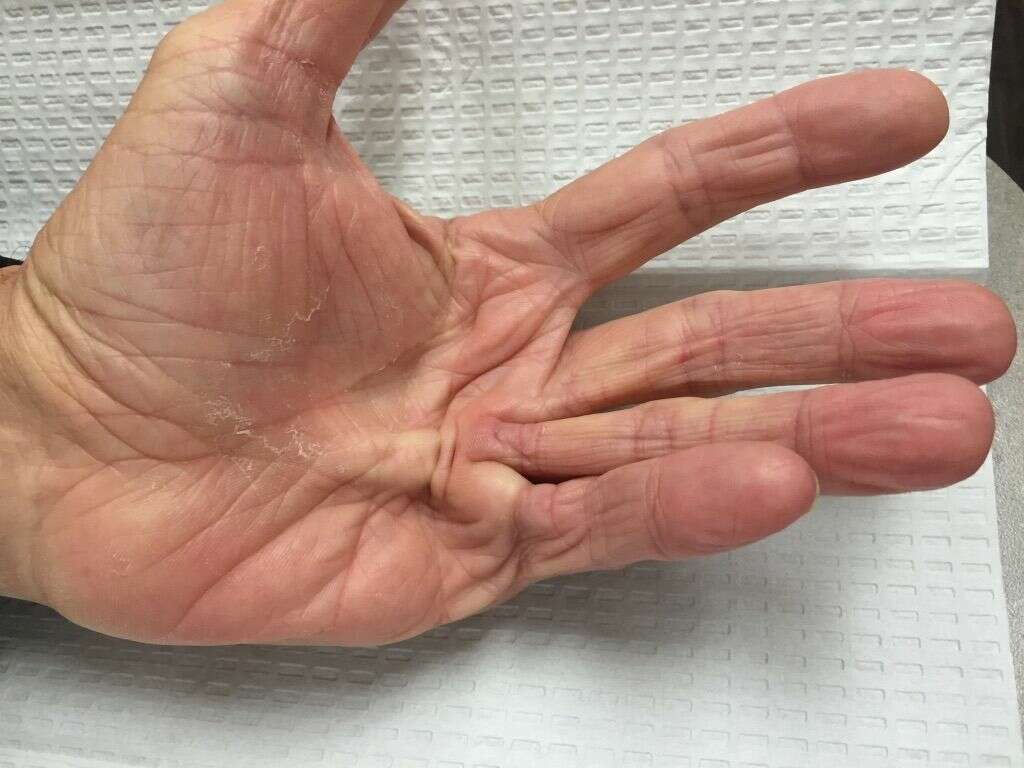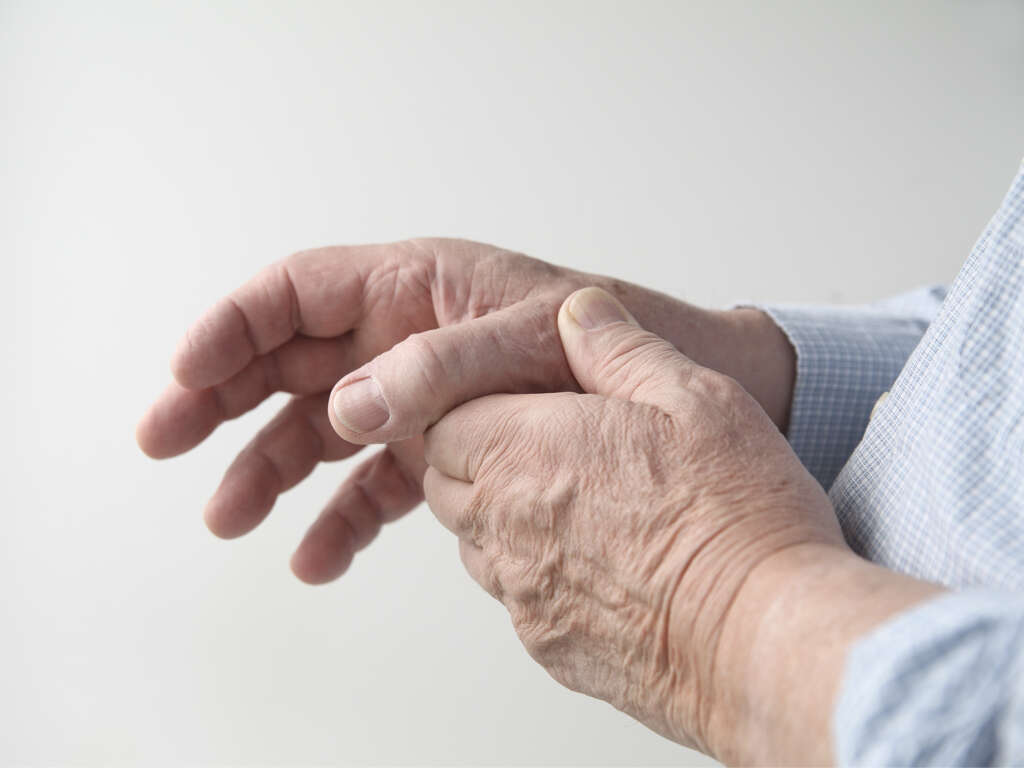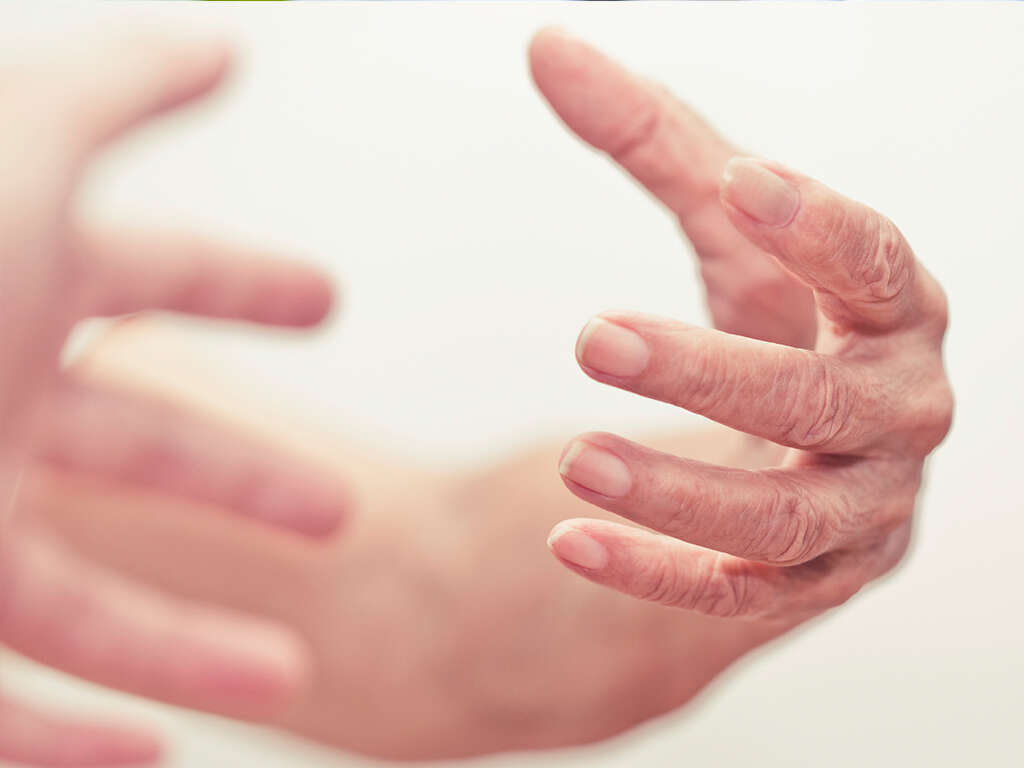Why Are My Fingers Numb?
Our fingers are very important to us. They help us to grip onto objects and they also help us to know more about things around us by feel. The fingertips in particular are quite sensitive as they need to be able to send a lot of information back to our brains.
Sometimes, though, people might find that they lose sensation in their fingers and this is a sign that something is wrong. You might lose sensation in your fingers if you rest on your arm awkwardly, but the sensation should come back before long. If the symptom does remain, however, it is something you should get checked.
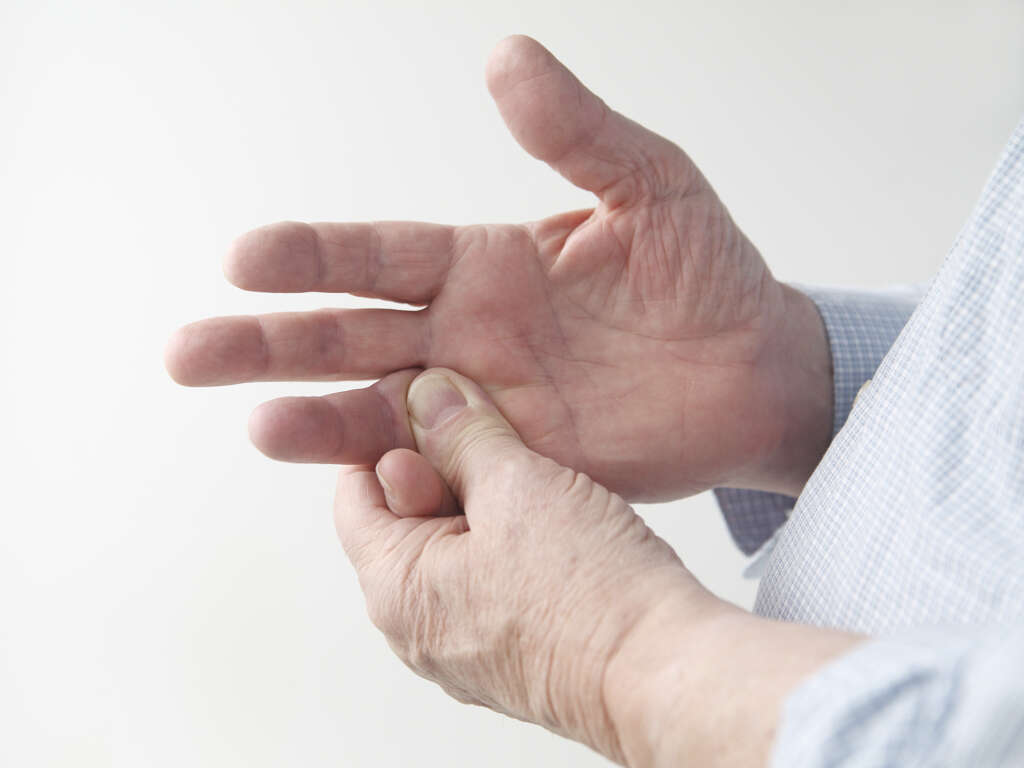
1. Spinal Injury
Running through our spines is the spinal cord. The spinal cord is basically made up of nerves that travel from our brain and down to the rest of the body. The nerves from the spinal cord will travel all the way down our arms and legs and they help to give us sensation in our digits so we can feel objects.
If you have received a spinal injury then part of the spinal cord might also have become damaged. This can result in messages struggling to get to and from the brain and this can result in a lack of sensation in your fingers. Damage to the spine can be very serious and it is something that should be treated as such.
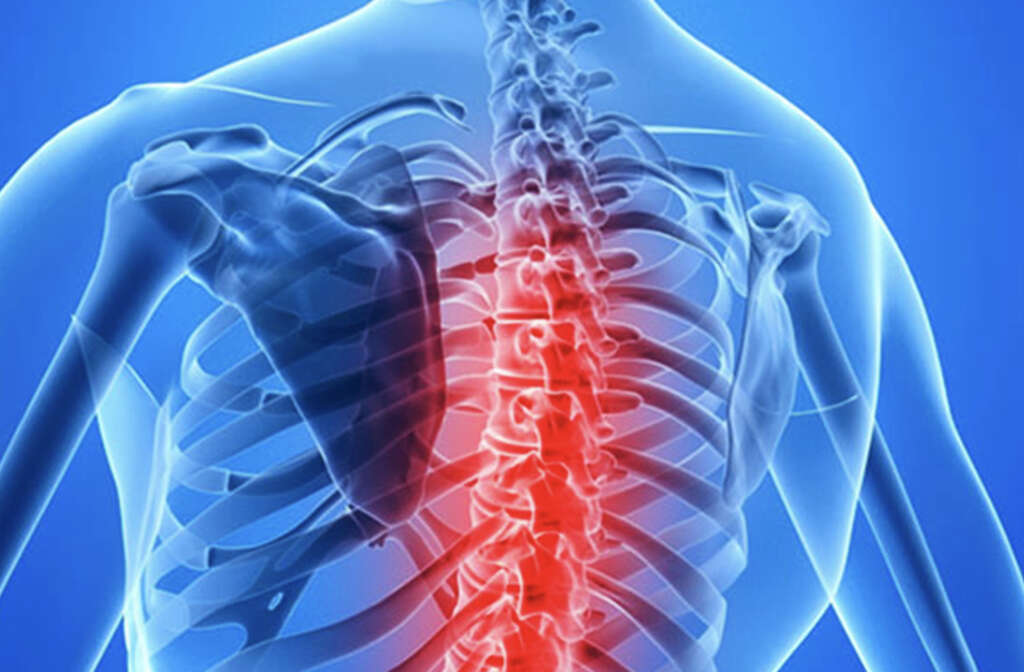
2. Peripheral Neuropathy
Peripheral neuropathy is the technical term for damage to the nerves that are located outside of the spinal cord and brain. There are numerous possible causes for it and it has the potential to be quite serious. It causes a number of symptoms, one of which is a lack of feeling in the fingers.
Potential causes include, but are not limited to, diabetes, vitamin deficiencies, some infections, cancer, toxicity, and liver disease. It can be an indicator that something is seriously wrong so you should arrange to get it checked out.

3. Cervical Spondylosis
Cervical spondylosis describes a general arthritis or degradation of the joints and discs in the cervical spine. Symptoms could include neck pain, arm pain, decreased ability to use the arms or hands, or numbness/pins and needles in the arms or hands. That being said, sometimes people do not have symptoms at all.
The degree of degradation to the area as perceived by an MRI is not always in indicator of the cause of pain or numbness. MRIs therefore should be considered a tool to help identify the cause of a problem but not take the place of clinical judgement.

4. Diabetes
Diabetics are unable to control the levels of sugar in the blood, other than being careful about what they eat. This can lead to surges in how much sugar is in the blood and this brings various symptoms itself. One of these symptoms is potential damage to nerves, and this can lead to numb fingers.
If you are diabetic and you do have numb fingers then it is a sign that your diabetes is out of control. Damage to nerves is generally permanent so it is something that should be addressed as quickly as possible. Diabetes is sometimes caused by lifestyle choices so it is wise to look after yourself as well as you can.
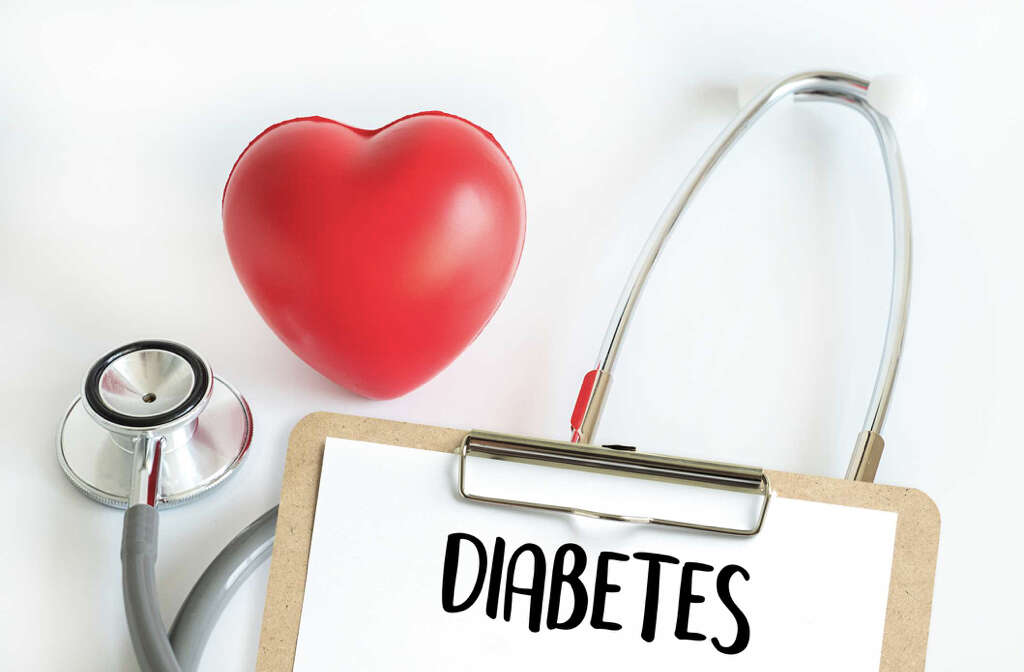
5. Alcohol
Alcohol can be a lot of fun. It can be great to have a drink with friends, especially at the weekends when you don’t have to work the following day. It is also great with a good meal, or maybe for just relaxing with after a hard day at work.
For all its benefits, however, alcohol also comes with its drawbacks. Short-term problems involving alcohol include potential alcohol poisoning, the risk of harm caused by being inebriated and, of course, hangovers the following day. Prolonged alcohol usage, however, can lead to more severe complications such as potential addiction, organ damage, and nerve damage, which can cause numb fingers.

6. Guillain Barre Syndrome
Auto-immune disorders occur when the body is attacked by the very immune system that is supposed to be defending it. There are numerous types of auto-immune conditions and Guillain Barre Syndrome is one of them. It is a condition that directly attacks the peripheral nerve system.
One of the main symptoms of the condition is that the muscles become gradually weaker. It can be caused by certain types of infection and some vaccines might also cause the condition, albeit very rarely. Other symptoms include numbness in the fingers and it is something you should get checked out as soon as possible.

7. Stroke
A stroke is caused when the blood supply to the brain is temporarily lost or if there is bleeding of the brain. It happens most often in older people but it can happen to people of any age. Strokes are often very serious and should be treated as a medical emergency.
One of the symptoms of a stroke is that the patients extremities will become numb. Other symptoms include a loss of coordination, slurred speech, and confusion. It is important to notice the symptoms of a stroke so that you know to get the patient to an emergency room straightaway. The symptoms might not be noticeable to the untrained eye, but getting the patient to a hospital quickly may literally save their life.

8. Carpal Tunnel Syndrome
The carpal tunnel is an area in the wrist where a nerve and tendons pass through. Usually, there is ample room for these but, in some instances, the tunnel can be cramped. This can put pressure on the nerves, and this can result in a range of unwelcome symptoms.
One of the symptoms of carpal tunnel syndrome is that the patients fingers turn numb. They will also likely experience other symptoms include pain, a burning sensation, loss of mobility, and muscle weakness. Treatment often involves the use of anti-inflammatory drugs and/or painkillers, while surgery is necessary in some cases.

9. Frostbite
When the weather is very cold, it is a good idea to wrap up as warm as you can. This is not just because the cold is uncomfortable but also because extreme cold weather can be physically harmful to us. If you are not careful then you might end up with frostbite.
Frostbite occurs when part of the body becomes frozen. It tends to happen in the extremities first and it can be very painful. It can lead to symptoms such as a numbing of the fingers, and some patients can literally lose parts of their body as a result. Treatment generally involves gently heating the affected parts of the body, but professional medical assistance is necessary in some cases.

10. Disease
Diseases cause a wide variety of symptoms in patients, some of them more serious than others. Depending on which disease the patient has, one symptom they can experience is that their fingers will turn numb. One such disease is syphilis, a sexually transmitted disease that can cause damage to your nerves if it advances to the later stages.
Another is Lyme disease, which is caused by bacteria that is transmitted by tick bites. If you have a large rash that looks similar to a bullseye, it is an indicator that you might have contracted Lyme disease. Both of the diseases mentioned require medical attention.






